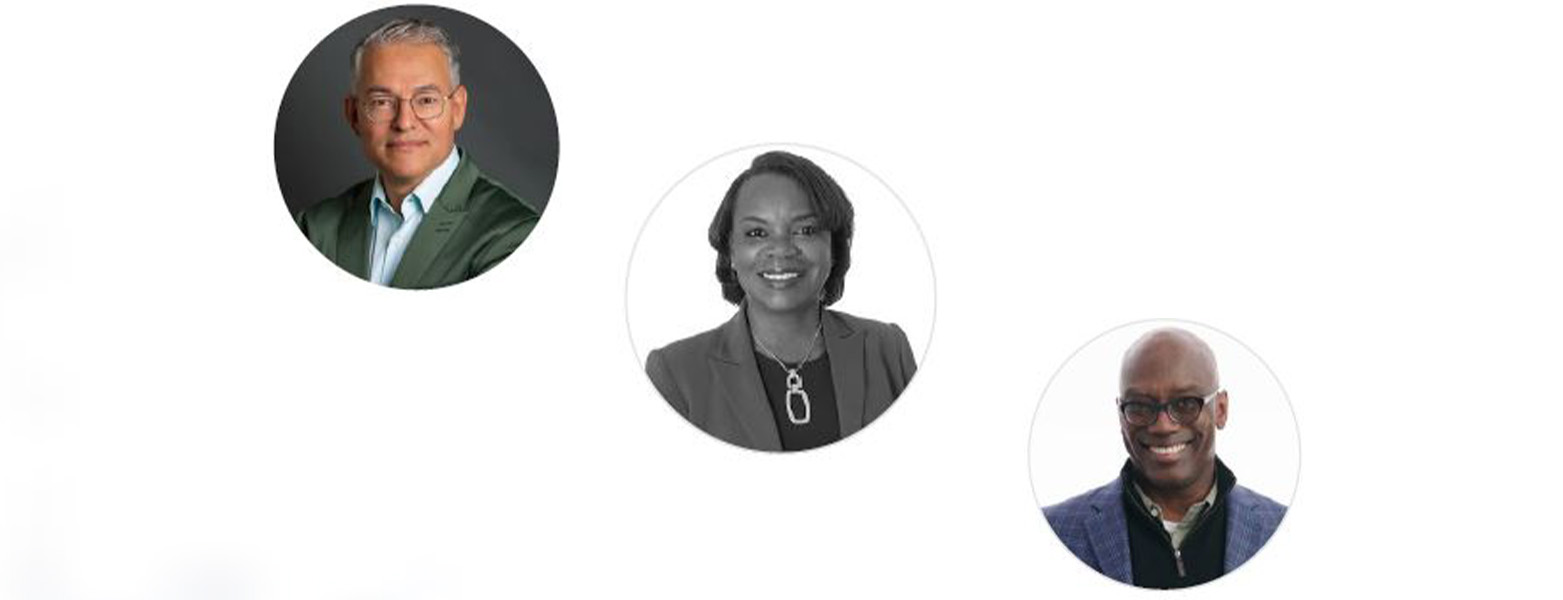Gauging The Pulse Of Global Diversity, Equity And Inclusion Strategies
What initiatives are companies worldwide implementing to ensure workforce diversity?
The last few months have provided ample impetus for companies around the world to truly put their DEI efforts under the scanner and provide both transparency and accountability in walking the talk, delivering results and taking the lead in their industries. We asked some of our industry colleagues working in organizations with global teams how they are ensuring workforce diversity when it comes to ethnic, cultural and/or religious factors and the success strategies or innovations implemented in 2021 for that purpose. Here are a few of their insights:

Javier Barrientos
Javier Barrientos, Head of Diversity, Equity and Inclusion, U.S. & Global Product & Launch Strategy, at Takeda Pharmaceutical Company Limited, a global, values-based, R&D-driven biopharmaceutical leader headquartered in Japan.
“As a leading biopharmaceutical company, Takeda recognizes how essential Diversity, Equity and Inclusion (DE&I) are for our people, and how engrained it must be across all aspects of what we do and how we do it. Using our size and scale, we are enhancing our DE&I programs and services to proactively embed a DE&I approach into all relevant aspects of our business and thus drive important changes for our patients, employees and in communities worldwide. Our efforts include a focus on underrepresented talent recruitment, cross-cultural competency, training programs, and reimagining our Takeda Resource Groups, which bring together employees with shared affinities to foster a fair and inclusive work environment. Additionally, we are doubling down on efforts to ensure more diverse representation in clinical trials; enhance programs for patients in underserved communities struggling to access and pay for medicines; and transform how we work with minority- and women-led and owned suppliers. United by our vision—to discover and deliver life-transforming treatments guided by our commitment to patients, our people and the planet—we all play an important role ensuring that every employee, partner and patient is seen, heard, valued and respected. There is more work to do but my team and I look forward to helping make Takeda an employer of choice for people of all backgrounds.”

Sylvia James
Sylvia James, Chief Diversity and Inclusion Officer, at Winston & Strawn LLP, an international law firm headquartered in Chicago, with offices across the United States, Europe and Asia.
“At Winston, we have a Global Diversity, Equity and Inclusion Strategy that is tailored to the unique priorities, culture and customs of the countries where we do business. Through our DEI program, we seek to raise awareness of and celebrate the full spectrum of diversity represented by our employees, including religious diversity. For example, to raise awareness about Ramadan, we created a video featuring some of our observing employees who discussed what Ramadan means to them and how they celebrate the holy month. Additionally, for employees needing a quiet place for prayer and meditation, we provide meditation rooms in some offices and wellness rooms in other offices that can be used for prayer.”
Mette Nørr Gantzhorn, Head of Diversity, Inclusion & Well Being, at Ørsted, one of the world’s largest renewable energy companies, headquartered in Denmark and employing more than 6,000 people globally.
“In Ørsted, we are focussed on creating and maintaining an inclusive organization, where everyone can thrive, perform and grow. To support our global growth 2023 and beyond, Ørsted focusses on three areas: Creating a talent magnet, building inclusive teams and growing and sharing our talent. For 2021 this will entail: Corporate targets set for gender and nationality within all levels of the organization; Launch and support our global Inclusion Networks: the Ørsted IN, comprising already more than 1,000 members, including the BAME network, the LGBTQ+ network, veterans, disability network, etc. The networks will meet regularly with members of the Executive Committee to share insights and co-create activities and targets for inclusion; We will conduct gender and ethnicity pay gap analyses to ensure equality within pay structure and remedy inequalities (ethnicity to be run in the United Kingdom for now, based on the legislation limitations); Initiating a blinded recruitment pilot in a business unit to mitigate bias in recruitment and selection; Ørsted is an active member of the United Nations working group and Roundtable for supporting the implementation of diversity policies in the Danish law; and Ørsted is an official sponsor for the World Pride Rainbow Alliance.”

Greg Smith
Greg Smith, Senior Vice President, Human Resources at Preferred Hotels, the world’s largest independent hotel brand, with more than 35 offices worldwide, and comprising five global collections—Legend, L.V.X., Lifestyle, Connect, and Preferred Residences.
“Last summer, we gathered a group of associates from all continents to address their concerns regarding the ubiquitous cultural upheavals occurring around the globe. We wanted to better understand its impact on our personal lives and business. We wanted to explore our responsibilities to our teams and the communities we serve. The dialogue was spirited. Several international associates were concerned that our focus was too North American-centric. They used BLM as an example of social responsibility and the need to address racial inequities in the U.S. but saw less relevance in greater Asia and wondered aloud what our support should be, if any, for the democracy protesters in Hong Kong (a major market for us), or our response to genocide in Yemen. Social responsibility for global organizations can quickly center on political movements that create dissention within teams based on political diversity and age-old ethnic conflicts. We decided that we should focus on our ideology: respect for individuals, a concern for families and our belief that travel narrows our difference. We thought it important to have a clear and accepted understanding among our global team of what these terms mean. A common universal language. During March, we are requiring all associates complete three, self-paced video courses: Unconscious Bias; Diversity, Inclusion and Belonging; and Communicating Across Cultures. Our planned next steps are to have smaller regionally diverse ‘book clubs’ discuss these videos and learnings and how we keep them alive.”









